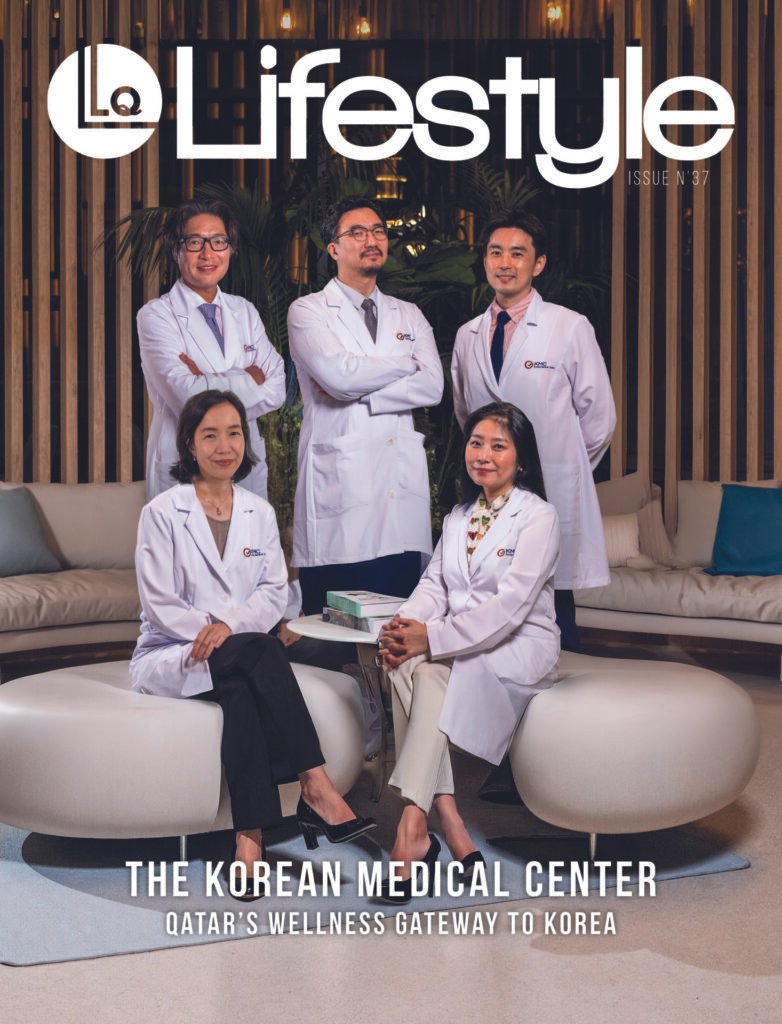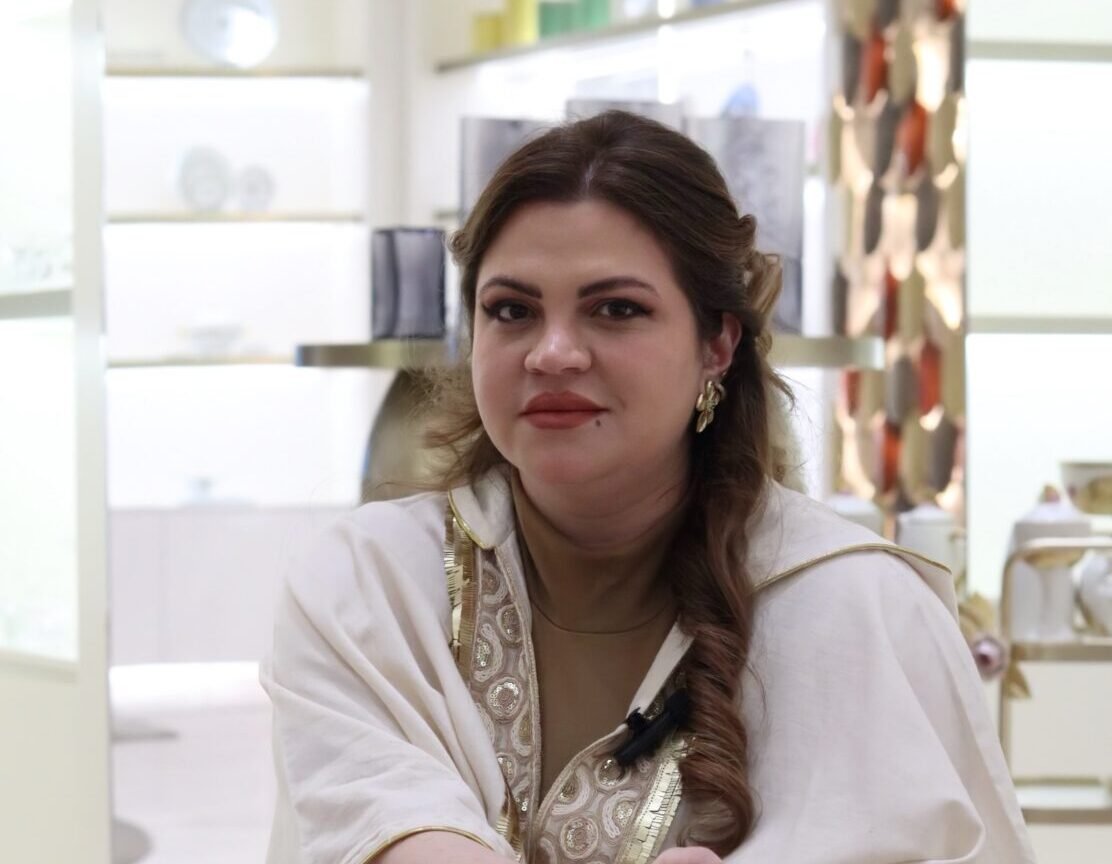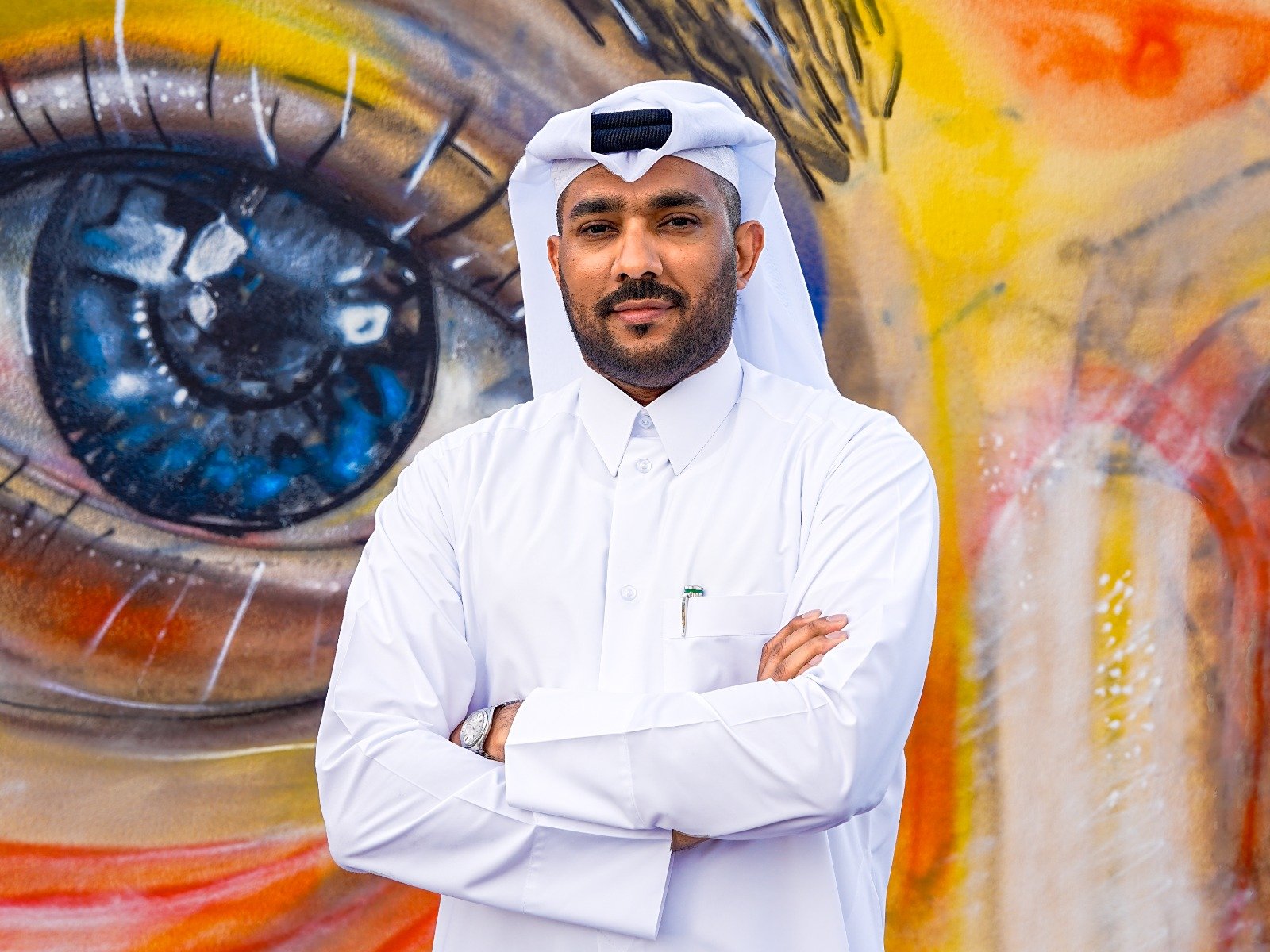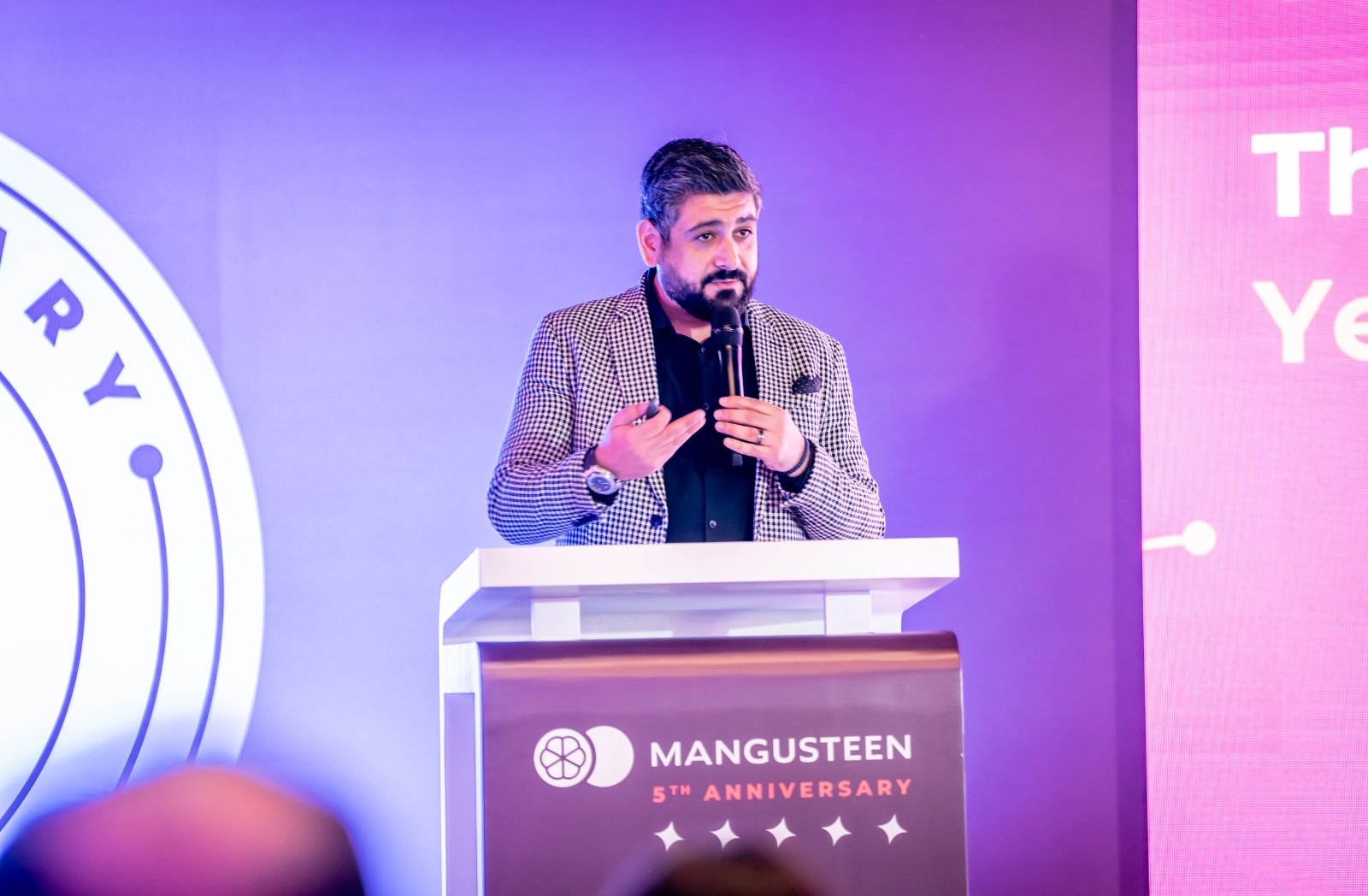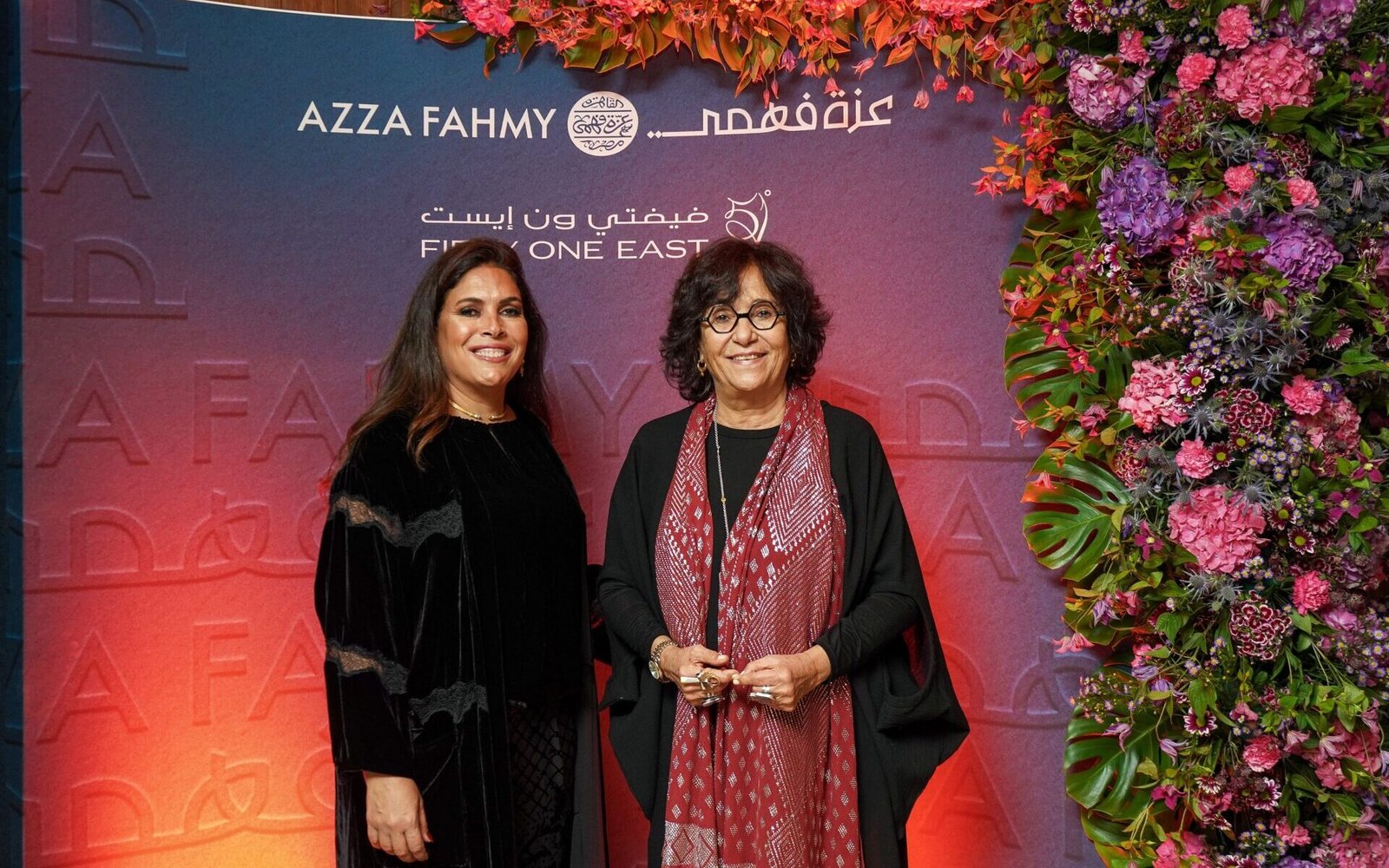Question 1: Please tell us a bit about yourself
My name is Razan Hamad. I am an HR professional with Master degree in Global HR Management and more than 22 years of experience. During my career journey, I’ve followed my passion towards Talent Management specially the strengths-based development approach and I became the first Gallup – certified strengths coach in Qatar and almost the only bilingual coach who can offer the coaching programs in English and Arabic language.

Question 2: Can you please clarify to us the concept of Strengths-Based Coaching?
Strengths-based coaching is one of the most effective ways in helping people to discover, understand and utilize their talents. As a Strengths Coach I help my clients (teams & individuals) to turn their natural talents into strengths and success factors. Gallup researches showed that People who focus on using their strengths are 3X as likely to report having an excellent quality of life & 6X as likely to be engaged in their jobs. Gallup statistical reports also showed that people who learn to use their strengths every day have 7.8% greater productivity.

Question 3: Do all the clients go through the same strengths coaching programs?
We offer different strengths coaching programs based on the need. For example:
- Strengths-based Leadership (for managers and leaders)
- Strengths-based team (for team members)
- Strengths-based development (for individuals anyone above 15 years old)
- Strengths-based marriage
- Strengths-based parenting
- Strengths-based schooling (for teachers and students)
The common thing between all the programs, that the journey always starts with taking CliftonStrengths assessment to discovering the talents’ map and ending with an action plan to turn the top talents into strengths.
Question 4: Is it possible that someone not to have any natural talent?
No, each one after taking the assessment will get a report showing either his/her top 5 talents or the complete 34 talents map. The top 5 talents have the most potential to be turned into strengths
Question 5: Let’s get into you: What are your top five strengths? What does your Strengths assessment tell someone about you?
My top 5 talents are:
- Responsibility: I am committed and always do my best to keep my promises
- Achiever: I am a hardworking person who likes to be busy and productive all the time.
- Relator: I enjoy close relationships with others and can work smoothly with friends
- Maximizer: Good is not enough for me, I seek for excellence
- Connectedness: I can find links between all things can see the big picture
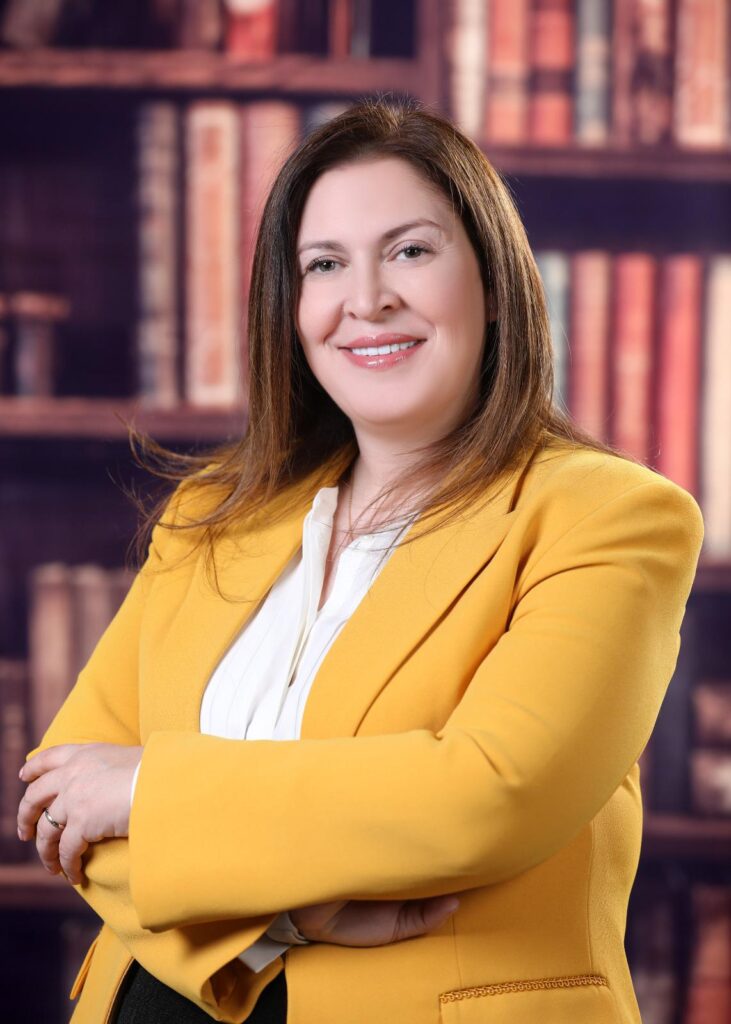
Question 6: How do you think should companies implement strengths-based culture?
I think the first step is to begin by partnering with a certified Gallup Strength Coach who understands more about the CliftonStrengths assessment, its framework, and implementation. Also, he/she can help better understand an organization’s culture and a team’s needs. Then the strengths coach shall be able to build an implementation plan and coaching strategy to introduce and implement strength-based coaching and a long-term strategy for sustaining that. Upon Gallup researches, Teams that focus on their strengths are 12.5% more productive.
Question 7: How strengths coaching can help students?
Strengths-based coaching program for students is specially designed to help senior school students and college students maximize their potential for success in their major and after graduation. It helps students discover their natural talents and turn those talents into the strengths that will help them succeed in college and thrive in their careers.
Question 8: What about strengths-based parenting?
Strengths-based parenting program aims to help parents understand and learn more about their child’s natural talents and how can they develop those talents into strengths which will make their parenting job easier and more fruitful.
Question 9: Can you tell us also about strengths-based marriage?
When you have good understanding about yourself and your spouse, you will be able to build a stronger, deeper and richer relationship because you will simply have a realistic expectation based on a high awareness about your partner’s way in seeing life which might be totally different than yours.
The aim of this coaching program is to help couples identify their strengths and utilize those in marriage.
Question 10: Finally,’ I’d like to ask about weaknesses? with implementing the strengths-based approach, shall we ignore our weaknesses completely or do we still need to improve them?
It’s important at the beginning to define our weaknesses clearly. Gallup defines a weakness as “anything that gets in the way of your success.” Then once we know them, then we can work on managing them without wasting time in fixing them.
With strengths-based approach, we develop strengths and we manage weaknesses.






